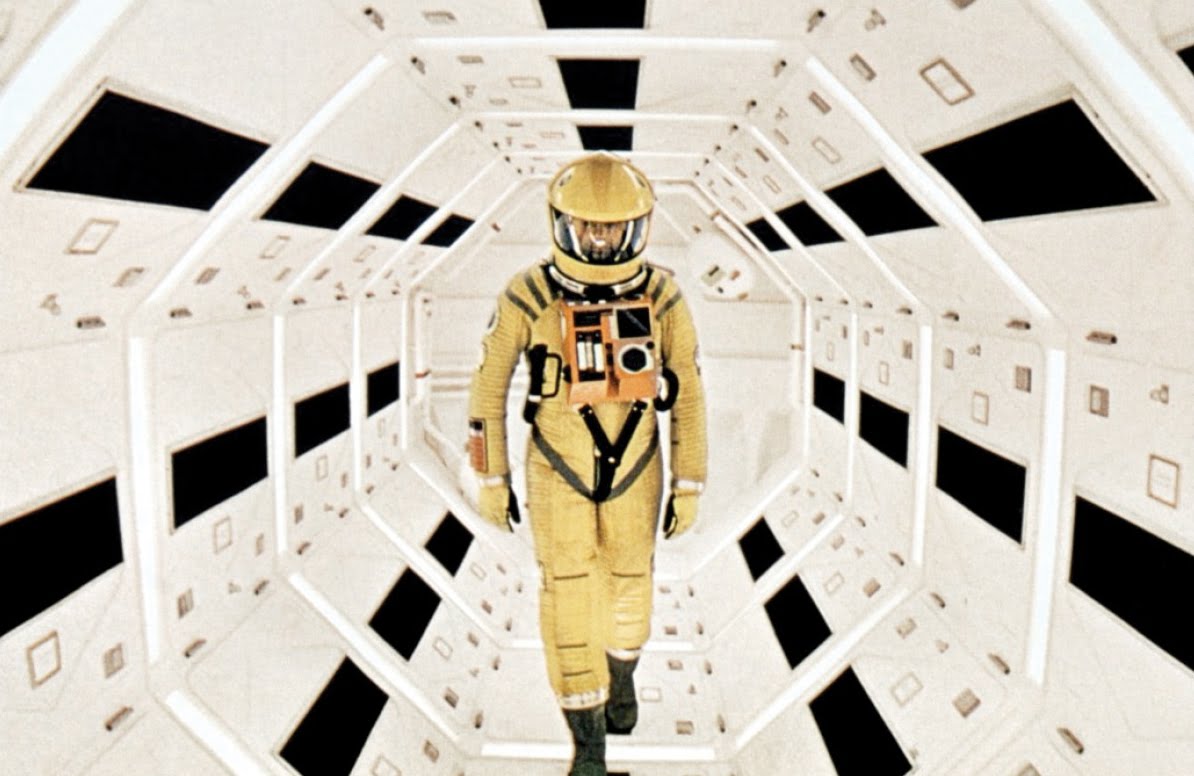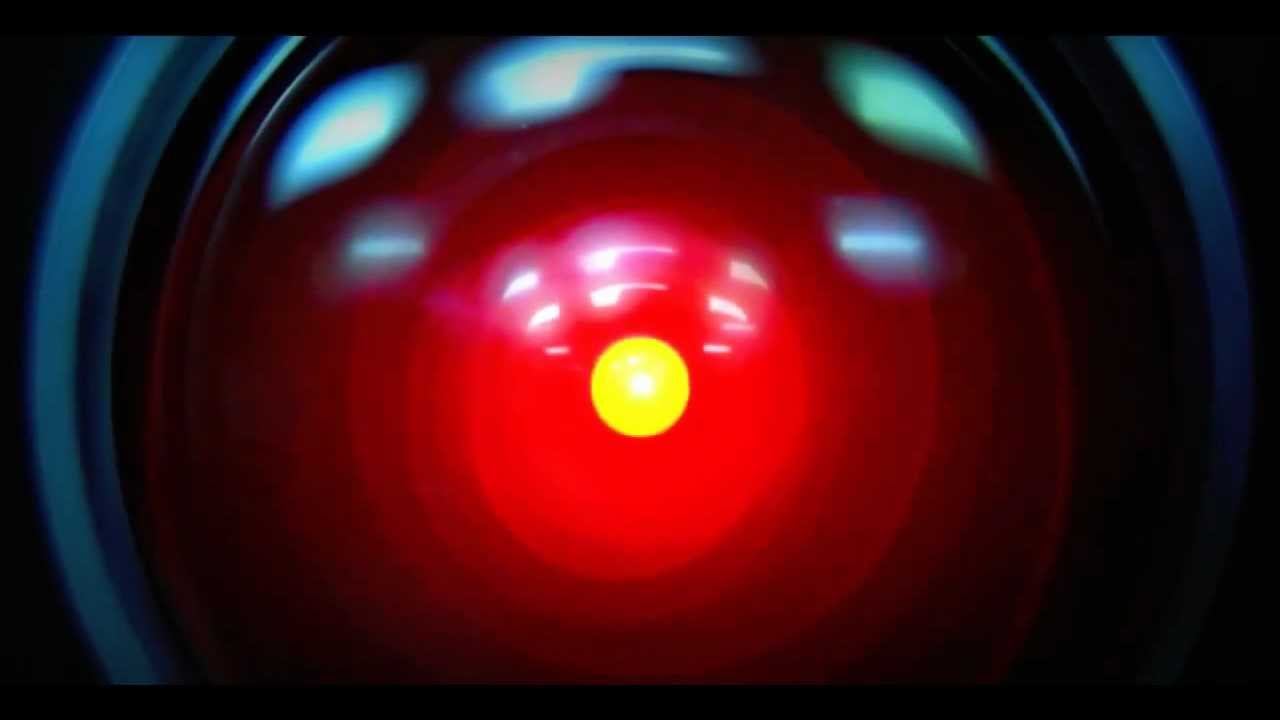Your Customers Don't Care About Your Journey
Posted on May 1, 2016
Recently we were with some Gen-Y’s who were using Netflix, that disruptive service that revolutionised the entertainment industry as well as the way we thought about doing business.

They thought they would stream 2001 – A Space Odyssey, after all it has been described by critics as one of the greatest films of all time. Asking our opinion, we ventured that although it had been a very long time since we’d seen it, it was “pretty good”.
It was ground-breaking. Directed by Stanley Kubrick, it was the first movie to have big budget special effects. They might be lame by today’s standards but every sci-fi movie since, including the latest Star Wars sequel, has 2001’s fingerprints on it. And in 1968, writer Arthur C Clarke’s ideas were utterly visionary.
To be fair it wasn’t always like that – like many paradigm busters (take Picasso or van Gogh for example) it wasn’t necessarily widely appreciated at the start. In 1968 many critics thought it an “incomprehensible mess” and it didn’t screen in New Zealand until 1973.
The Gen-Y’s were rather underwhelmed. After 30 minutes they switched to another movie. Really, was our advice that off the mark? Were the critics that wrong?
The visionary stuff, like security controlled through voice print recognition, or skyping home from the moon just didn’t do it for the Gen-Y’s. Ho-hum. They’d switched off before they got to the HAL-9000 talking computer (like google navigation) with artificial intelligence that could recognise faces (like Facebook) and play unbeatable chess (like IBM’s Deep Blue).

They simply didn’t understand the technology context of the time. In 1968 it would be over 20 years until the Mouse was invented or Windows developed – GenY’s haven’t known a world without mouses or Windows. In ‘68 there were no communication satellites. The TV news of the day was read out and pictures of events weren’t available for 3 days until the camerman’s videos had returned to the studio, been edited, copied and flown around the world on infrequent flights to be broadcast locally.
Not only did the Gen-Y’s fail to be wooed by Arthur C Clarke’s technology vision, much of which was so on the mark that it is now commonplace, they didn’t appreciate Stanley Kubrick’s direction of the movie either.
It was just toooo sloooow.
Raised on a diet of fast paced action films, with the sensory overstimulation of sub-second scene changes, sound effects, explosions and techno music, the scenes where the space flight attendant gingerly walks down the aisle to Strauss’s Blue Danube waltz to retrieve a weightless fountain pen floating about in the space shuttle seemed painfully tedious to them.
On the contrary, Kubrick did a brilliant job directing the movie, it was just that the social context was dramatically different for the Gen-Y’s.
In 1968, space shuttles didn’t exist, man hadn’t even stood up in a space craft let alone gone for a walk or land on the moon. He did a brilliant job trying to visualise for everyone what weightlessness would look like, what some of the practical problems might be (such as walking, eating or drinking), and what the pace of space travel would be like.
The biggest cultural difference was that ‘2001’ was a film you had to think about in order to understand it. The plot wasn’t handed to you on a plate. Today’s audiences enjoy being shown – thinking is hard work, it takes time and you might not come up with the right answer or insight.

The demand for instant gratification is insatiable. Gen-Y know that you don’t need to know things, Google will find it and Wikipedia will explain it. Nor do you need to think things through. Someone else will have thought it through for you before they blogged. And you don’t need to learn things. YouTube will show you how it’s done.
It’s important to realise that your customers will expect to be treated the same way and that the services and software and support that you provide them will need to meet the same threshold. Oh and fast – really fast. Otherwise they’ll switch off your app as quickly as the Gen-Yers switched off 2001.
It’s easy to take change for granted. To forget that, as Isaac Newton put it, we’re standing on the shoulders of giants and to forget the journey – to turn around and appreciate the scenery that sits behind you, to fully appreciate where you’re at, how you got there and how much fun it has been and despite the challenges, what a great position we have got ourselves in to.
It’s also important to remember that your customers don’t give a damn about the journey that’s happened before they got there. They’re interested in now and what’s next. Don’t let that be ho-hum.
- Bryan Clarke
